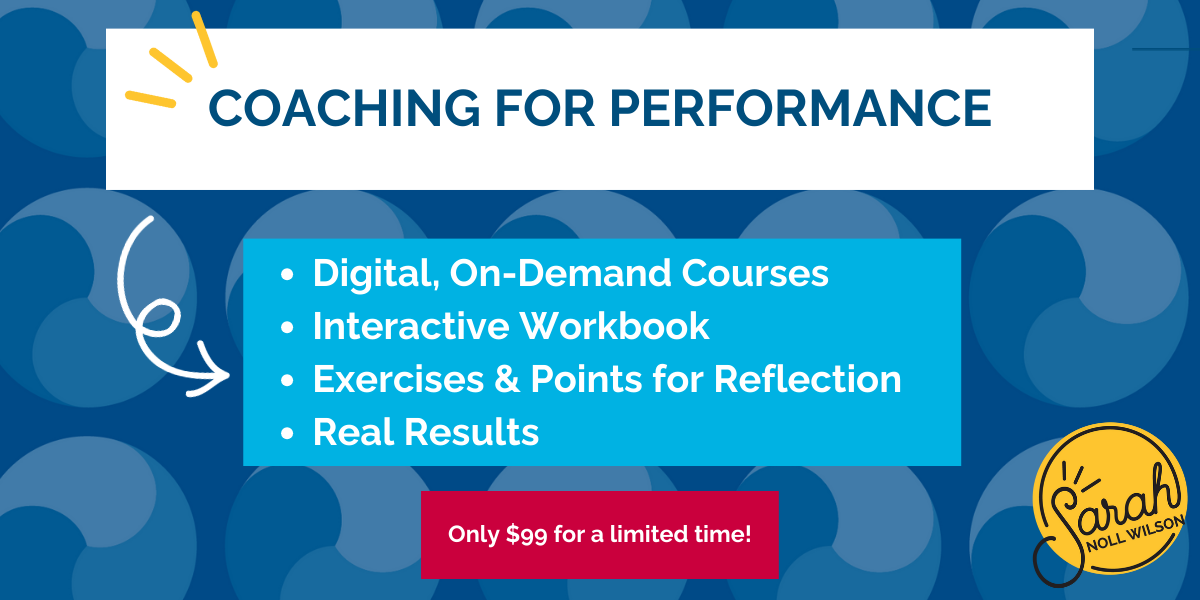
When leaders act with intention, they can profoundly impact their organization’s success. Leaders are one of the most influential positions in any organization. Leaders set the tone and culture of their workplace and shape the environment where their colleagues and employees work. However, when leaders don’t understand the importance of their impact, adverse outcomes can occur. We see more of the latter than we do the former.
That’s why it is so important to teach leaders about the importance of their impact is so important. Understanding the difference between intent and impact and how the two are intertwined can help leaders better understand their behavior’s impact on their organization and its people.
Why Focus on Impact Over Intent in Leadership Training?
When building a safe environment for your team members, good intentions from leadership will not be enough. It’s not that intentions aren’t important because they matter in how they inform your leadership team’s choices. But they aren’t the only things that matter. Intentions are the foundations for action, not necessarily the actions themselves.
Everyone has times when they’re tired, stressed, or defensive. When we say or do something regrettable, others experience our negative impact (even if unintentionally). And then we say we didn’t mean to or rationalize it, and we pretend it doesn’t count. But the hurt happened. While multiple truths can exist in any situation, when one of those truths is that someone was harmed by what we said, did or didn’t do, as leaders we have to pay attention.
When leadership gets stuck in the land of good intentions, it can be challenging to see the gap between how you want them to show up and the actual impact they are making. We judge ourselves by our intentions, but others judge us by our actions.
Leadership Impact in Action
Using terms that put others on the defensive is a surefire way for your leaders to undermine your intentions. When they say things like, “Please don’t take this the wrong way,” “I don’t mean to be rude, but…,” or “With all due respect,” they’re essentially telling team members that what’s coming next in the conversation could be hurtful. Even if what they say next is minor feedback and primarily positive, the defensive mindset they’ve already established with that phrase can make it more difficult for team members to hear feedback with an open mind.
Another way leaders often undermine what they intend is to minimize how someone feels. Sometimes, it’s difficult for people to see someone in pain and discomfort. So often, we will attempt to reduce the problem’s significance or point out a bright side to reduce their apparent pain.
When a team member goes to one of your organization’s leaders, they may focus on what they can do to make them feel better by telling them it’s not a big deal. But the impact could create shame because the leader has now devalued how someone feels and told them they’re wrong to feel that way.
Encourage leadership to stop showing someone the silver lining or saying, “It could be worst” “At least you don’t have cancer,” or “That sounds like a first-world problem.”
Not only can this create additional and unnecessary shame, but it might trigger something else in the team member.
Strategies to Marry Your Intention and Impact
This might make it sound like lining leadership’s intentions up with their impact is complicated. However, often all we have to do is help them follow the path backward from their intent and keep it simple.
Multiply Your Mirrors
When changing lanes while driving, we consult our rearview and side-view mirrors for a clearer view. When following through on a desired impact, you can help your leaders adopt practices to see as many of their blind spots as possible.
For example, if you’ve noticed a leader’s defenses go up in a tense situation, coach them through uncovering what behaviors they employed in those moments:
- Were your actions coming from a place of protection instead of partnering?
- Are you comfortable with that based on the situation?
- What might you have done differently?
Another way to help your leaders clarify the impact they want to make is to adopt a mirror mantra. I hear the common mirror mantra: “Treat people as you want to be treated.” Or even better, “Treat people as they want to be treated. “You can use your mirror mantra like a checklist and ask, “Am I treating people as they want to be treated? Or might I not be?”
Here are some of my favorite mirror mantras:
- Less talking, more asking
- Don’t give people a reason to regret meeting me.
- Be the daisy in the onion patch.
- People may not see their greatness inside themselves, but you can help them see it.
Find Conscious Co-pilots for Your Leaders
Since we know that it’s almost impossible for us to see ourselves all the time, often, our leaders need someone else to look at the picture with them. Encourage or facilitate them to find a conscious co-pilot.
Identify two or three trusted people in their personal and professional life who won’t be afraid to tell them if they’re employing behaviors that contradict how they know they want to show up. It might seem scary to ask, but this request makes people flattered and eager to help. By asking them to be a conscious co-pilot, you’re showing that you trust them.
It is imperative to note that not all co-pilots are created equal. All conscious co-pilots should be curious, compassionate, and, most importantly, candid. Your leaders don’t need a conscious co-pilot who only points out when they’re making a mistake; they should be willing and able to help leaders identify positive behaviors and their impact. On the other end of the spectrum, avoid a conscious co-pilot who only wants to make your leaders feel good. Accountability is a gift, and your conscious co-pilots should be able to deliver it.
Choose people who will be honest with you, not comfortable for you.
Prepare Your Leaders to Own Their Impact
Apologizing and taking ownership of impact on others is a practice that I consistently see leaders struggle with in this work. Many can take ownership internally, where they can think about and realize they have overstepped and that their impact was different than intended. But they might never make that ownership external by saying that out loud to the person they harmed.
We often look at ourselves through the lens of “intention,” which can be challenging to overcome. The truth is that when we ask the recipient of a regrettable event to assume good intentions, what we are often saying is, “Their intentions are more important than your experience.” I always encourage the leaders we coach to stay open to multiple possibilities until clarity occurs.
It’s not that intentions don’t matter because they do. In situations where someone said or did something maliciously, that situation should be treated differently than misspeaking. Making your leadership team aware of how their impact differed from their intentions can direct how they handle a response to an apology. The bottom line? Good intentions don’t absolve you of negative impact.
I’m curious…
- In what ways have you responded unproductively to feedback?
- When was a time when you should have apologized but didn’t?
- How would you do it differently next time?
- Who is someone in your life that could be a co-pilot to help you close the gap between your intention and impact?
Sarah Noll Wilson is on a mission to help leaders build and rebuild teams. She aims to empower leaders to understand and honor the beautiful complexity of the humans they serve. Through her work as an Executive Coach, an in-demand Keynote Speaker, Researcher, Contributor to Harvard Business Review, and Bestselling Author of “Don’t Feed the Elephants”, Sarah helps leaders close the gap between what they intend to do and the actual impact they make. She hosts the podcast “Conversations on Conversations”, is certified in Co-Active Coaching and Conversational Intelligence, and is a frequent guest lecturer at universities. In addition to her work with organizations, Sarah is a passionate advocate for mental health.



